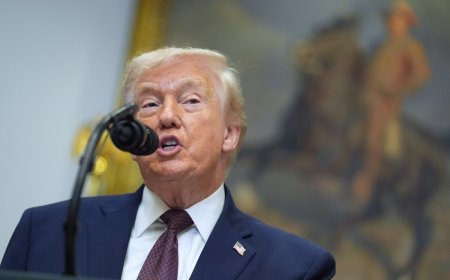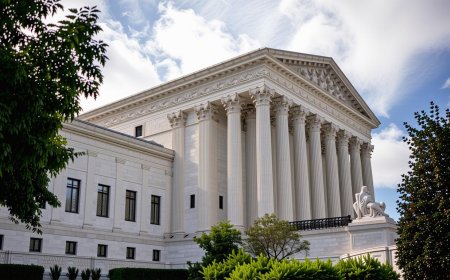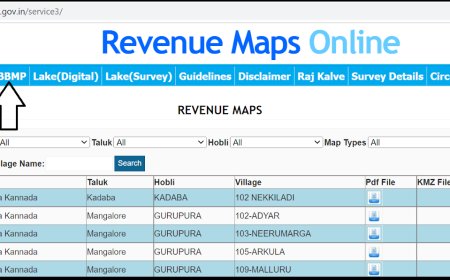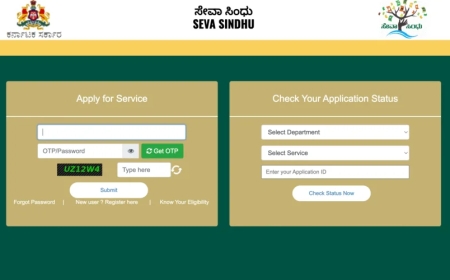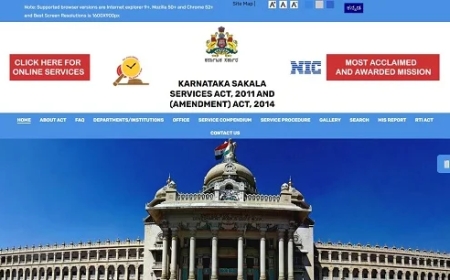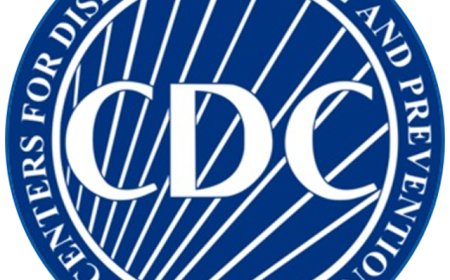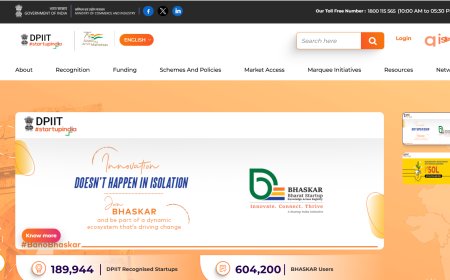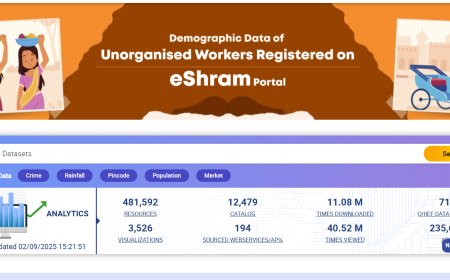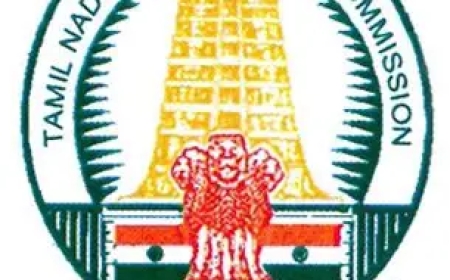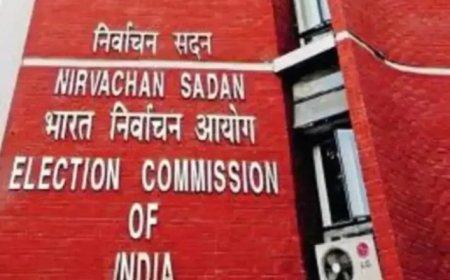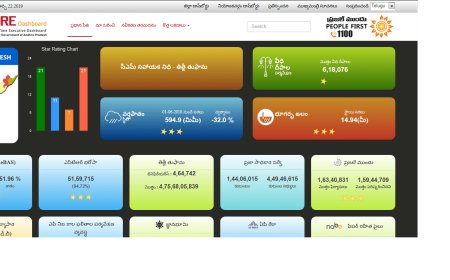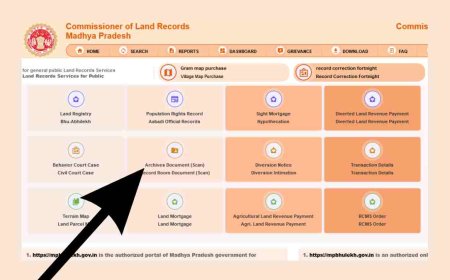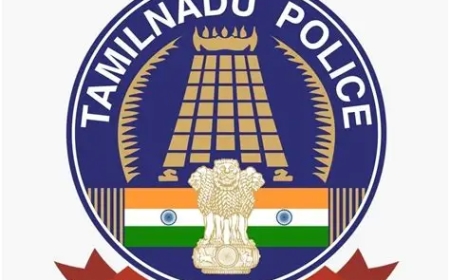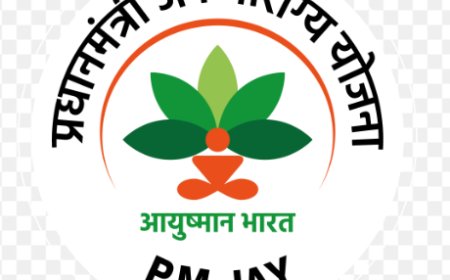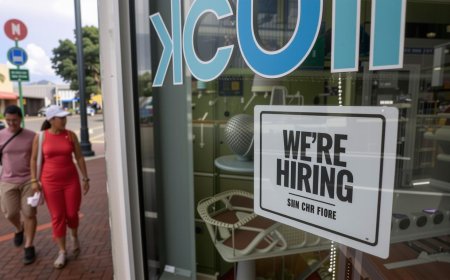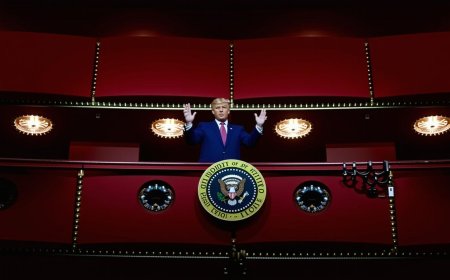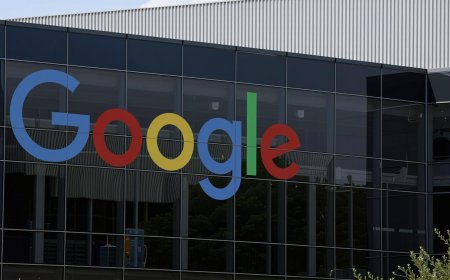Revamp Your Priorities: A Call to Christian Politicians | TNNEWS
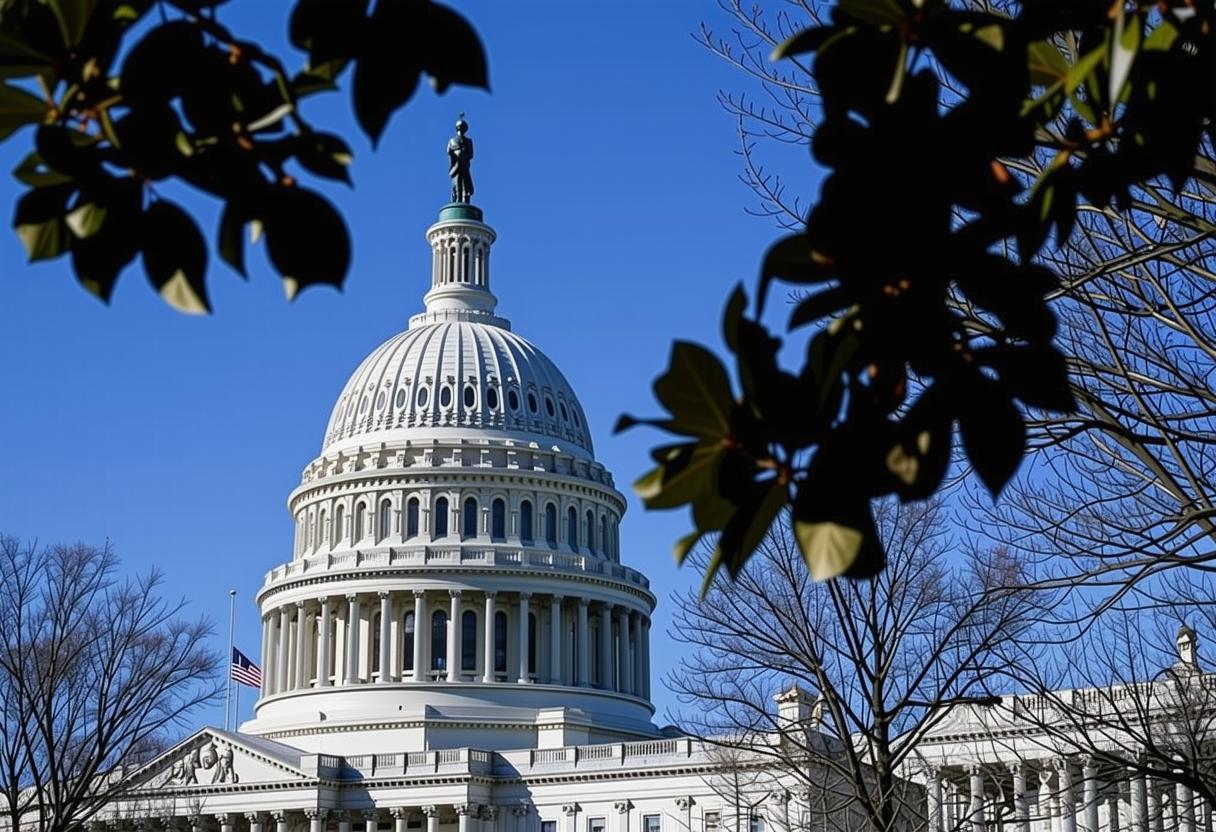

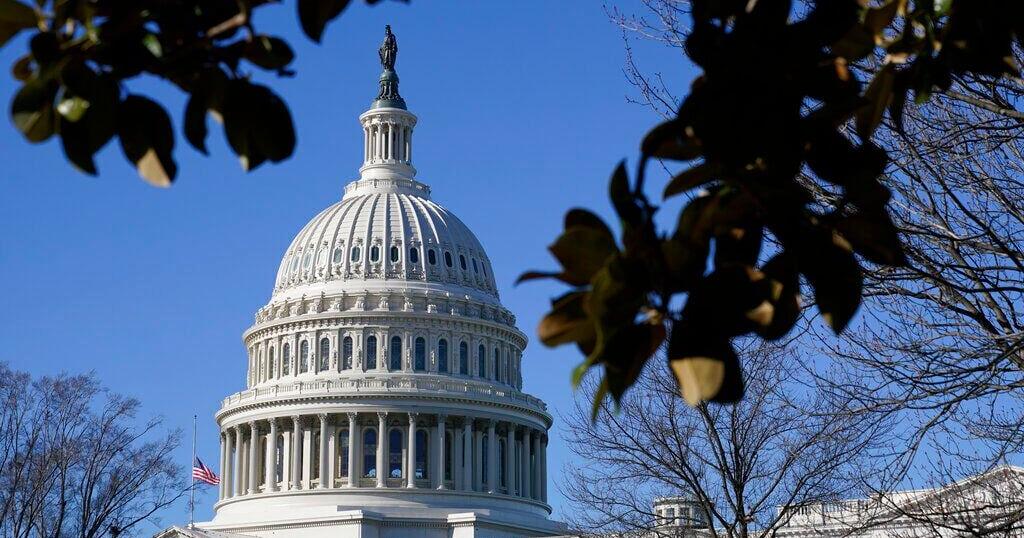
The Influence of Party Loyalty in Modern Politics
Observing how members of Congress from both sides of the aisle often prioritize party directives over their own ethical standards and beliefs brings to mind a compelling analogy. This phenomenon is not new, but its implications are increasingly significant in today’s political landscape.
Party Allegiance vs. Personal Convictions
In the current political climate, the pressure to conform to party expectations can overshadow individual values. This dynamic is evident as politicians frequently align with party lines, sometimes at the expense of their personal convictions. The impact of such decisions can be profound, influencing legislative outcomes and public trust.
Modern Examples and Implications
Consider recent legislative debates where party loyalty has taken precedence. For instance, during discussions on healthcare reform, many lawmakers faced the dilemma of choosing between party allegiance and the needs of their constituents. This scenario highlights the ongoing tension between political strategy and ethical responsibility.
Current Trends and Statistics
Recent studies indicate that over 70% of voters believe that politicians prioritize party interests over public welfare. This perception underscores the growing disconnect between elected officials and the electorate, emphasizing the need for a more balanced approach to governance.
Finding a Path Forward
To bridge this gap, it is crucial for politicians to engage in open dialogue and prioritize transparency. By fostering a culture of accountability and collaboration, there is potential to restore public confidence and ensure that policy decisions reflect the diverse needs of the population.
What's Your Reaction?
 Like
0
Like
0
 Dislike
0
Dislike
0
 Love
0
Love
0
 Funny
0
Funny
0
 Angry
0
Angry
0
 Sad
0
Sad
0
 Wow
0
Wow
0
